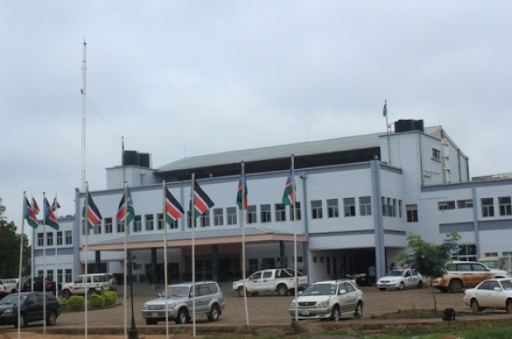By Okech Francis
A consortium of western nations is demanding South Sudan lives up to commitments made in line with the peace agreement and give space for freedom of speech.
While hailing the institution of the parliament in South Sudan, the embassies of the United Kingdom, the United States, Norway, the European Union, France, Germany, the Kingdom of the Netherlands and Sweden noted that “freedom of expression and assembly must be protected” both in the august house and society at large.
“These are universal rights, enshrined in the Bill of Rights of the Transitional Constitution of South Sudan,” the embassies said in a statement issued on September 3.
They congratulated the government of South Sudan for inaugurating the parliament calling it “an important step on the pathway to a constitution and democratic elections. “
The parliament is an essential forum for open debate and discussion, where MPs should be able to freely express their views on behalf of the people of South Sudan, they said.
They also called for an inclusive constitution-making process spearheaded by the parliament that is “reflective of the many diverse voices within the country.”
The parliament was opened on August 30, a day civil society groups had called on the country to denounce the government for failure and seek for change.
They demanded for countrywide protests which never materialised with the government deploying heavily and with threats in case it was undertaken.
The media and other groups have increasingly been subjected to heavy handedness by security officials in the country.
“The recent actions taken by the government, including threats to use live ammunition against peaceful protestors, harassment of journalists and media organisations, arrests of civil society representatives and the intimidation of South Sudanese citizens, are not compatible with the government’s stated commitments,” the western embassies said.
“We urge the government to uphold the commitments it has made to its people through R-ARCSS. This includes protecting the rights of citizens of South Sudan to express their views in a peaceful manner, without fear of arrest.”













